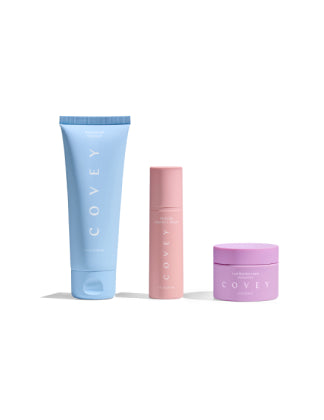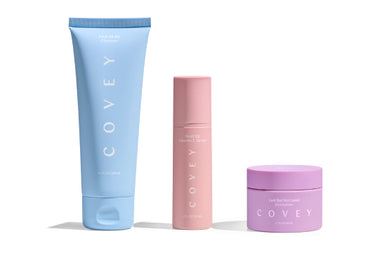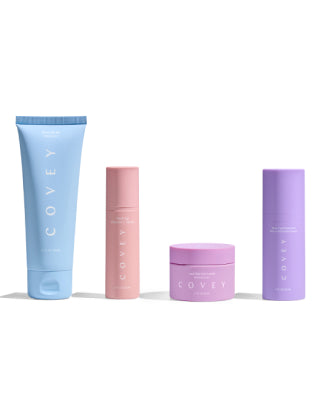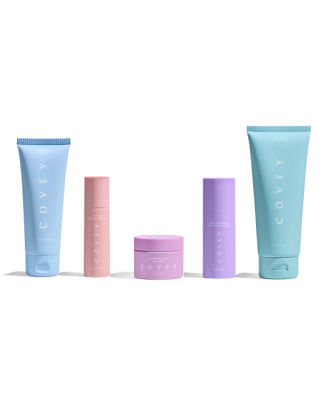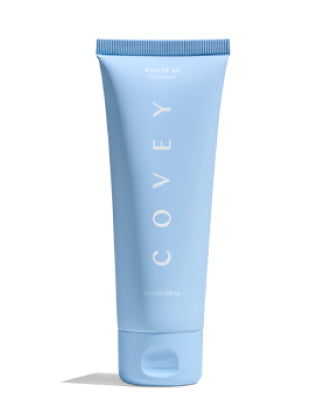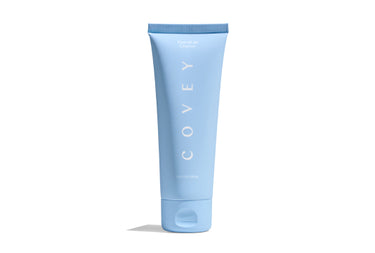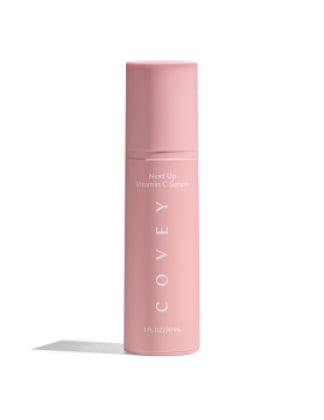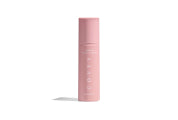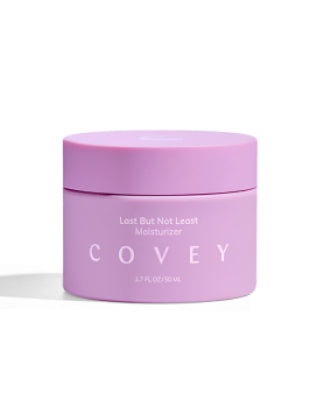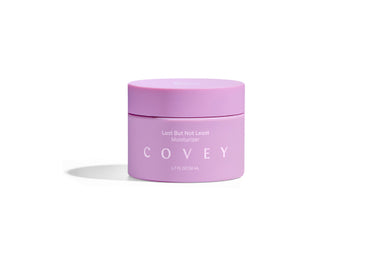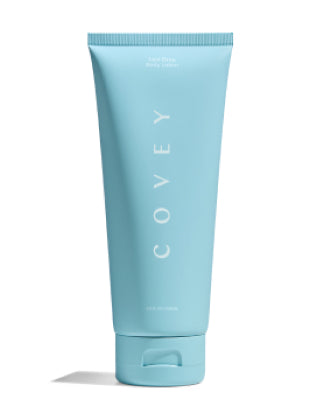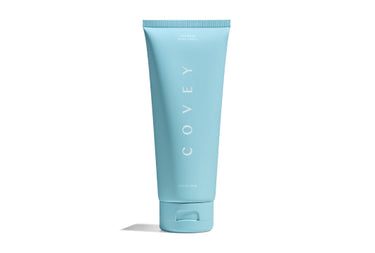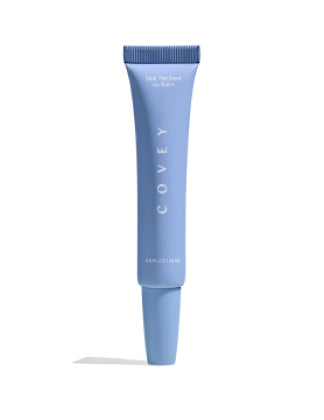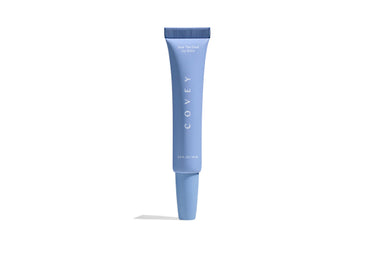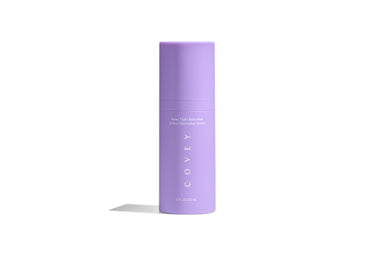
Ingredient Spotlight: Resveratrol
Mystified by resveratrol? You’re not alone.
If you’ve ever had a glass of wine, you’ve come into contact with resveratrol, which shares the same antioxidant benefits as dark chocolate and berries.
Today, this hard-to-pronounce antioxidant is steadily growing a cult following among both dermatological researchers and novice skincare enthusiasts alike. (P.S. it's pronounced "rez-veh-ruh-traal.")
Known for its anti-photoaging and inflammatory properties, resveratrol can be paired with a variety of ingredients without counteracting its benefits.
But how do you use resveratrol for skin, and what are its primary benefits? When should you prioritize using resveratrol over ingredients like Vitamin C or Vitamin A?
Let’s get into it.
Resveratrol benefits for skin
Resveratrol has plenty of benefits for skin, primarily in the anti-aging and protection department, like:
- Reduces redness
- Inflammatory, aka calming to the skin
- Said to combat free radicals and protect cells from oxidative damage (like UV rays) which reduce signs of aging
- Brightens skin and lightens dark spots over time with consistent use
- Contributes to collagen production
Here are a few more reasons we love resveratrol:
- Plays well with other antioxidants, like Vitamin C
- Can be paired with AHAs and BHAs, ferulic acid, and retinol
- Helps prevent acne-causing bacteria
How to add resveratrol to your routine
Resveratrol can be found in many serums and moisturizers on the market, especially in conjunction with ferulic acid.
Generally though, you’ll find higher potency in powder concentrations of resveratrol, which is why many will purchase the powder to mix into their favorite toner, serum, or moisturizer.
Of course, it’s up to your preference how and when to use resveratrol in your daily skincare routine. You can use it before bed to maximize the absorption of the antioxidant, or in the morning to protect against sun exposure and oxidative stress. (As ever, don't forget sunscreen!)
A few other notes about resveratrol
Most over-the-counter resveratrol options are shelf-stabilized. Opt for resveratrol products that come in darker glass, or a bottle with an airtight pump, which will last longer. Antioxidants can go bad (yes, even your favorite Vitamin C serum) after being open for more than a few months.
Look out for any “off” scents or textural changes in your product, and store in a cool, dark place (like a medicine cabinet).
If pregnant, always consult your dermatologist and your doctor to make sure your routine is pregnancy-safe!
Finally, remember to patch test resveratrol before first use to ensure your skin won't have an allergic reaction.
Curious about other popular skincare ingredients? Check out Covey's Ingredient Spotlight series, where we deep dive into common and hyped up ingredients in products today:
- Get to Know Other Popular Antioxidants in Skincare
- Vitamin C vs. Niacinimade
- Learn All About Babassu Oil
- Explore the Many Benefits of Vitamin C
- Understand the Hype Behind Hyaluronic Acid


